Riddled with factors such as gender inequality, lack of education, and cultural taboos, there are many parts of the world where the pursuit of justice becomes unfathomable. Netflix’s ‘To Kill A Tiger’ is a story that comes out of similar circumstances. Directed by Nisha Pahuja, the Oscar-nominated documentary follows the legal battle of a 13-year-old girl named Kiran against three men who sexually assaulted her in 2017. Standing firm by her side is her father, Ranjit, who rose against all imaginable obstacles and tried to bring his daughter’s perpetrators to ever-evading justice.
Kiran and Ranjit Faced a Lot of Threats After They Filed a Complaint
A rice farmer by profession, Ranjit had been living his life with limited resources but with an abundance of love in the Indian district of Bero in Jharkhand. The oldest of Ranjit and his wife Jaganti’s three children, Kiran (pseudonym), had always been closest to her father. Ever since she was a baby, she would sleep by his side, tell him all her stories, and eventually make him her best friend. On the night of May 9, 2017, Ranjit’s nephew was getting married and he and his family were attending. As is common, he did not mind his children running around, playing, eating, and having fun on the occasion. It was 1:30 a.m. in the night when he woke up and saw Kiran was not in her bed.
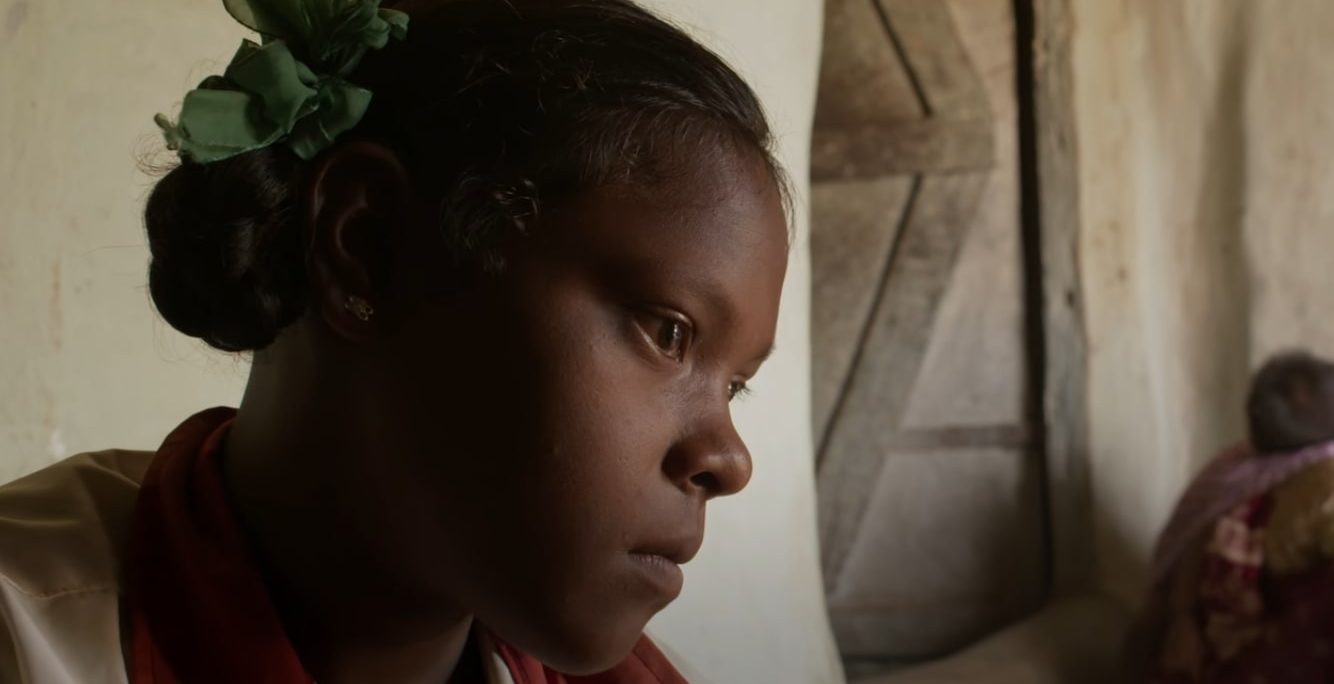
Ranjit panicked when he saw Kiran coming home alone, barely able to walk and fumbling along the way. The 13-year-old told him that she was dancing and having fun when a man named Kapil Mundu grabbed her by her hair and dragged her to a secluded corner. When she tried to shout, he clasped his hands over her mouth. He was accompanied by two other men, Langru and Ishwar, one of whom was Ranjit’s nephew. The three of them sexually and physically assaulted her and threatened her life, warning her not to tell anyone.
Kiran wanted justice for herself and told her father so. The family decided to file a police complaint despite the rising pressure from other village members to do so. The chief of the district, the “mukhiya” and other village members proposed the idea of getting Kiran married to one of the perpetrators. They told Ranjit to confine the incident within the village as the repercussions of a legal battle could be immense for the family. Ranjt understood that this was not the fate that his daughter would want and chose to stand by her decision to file a criminal complaint.
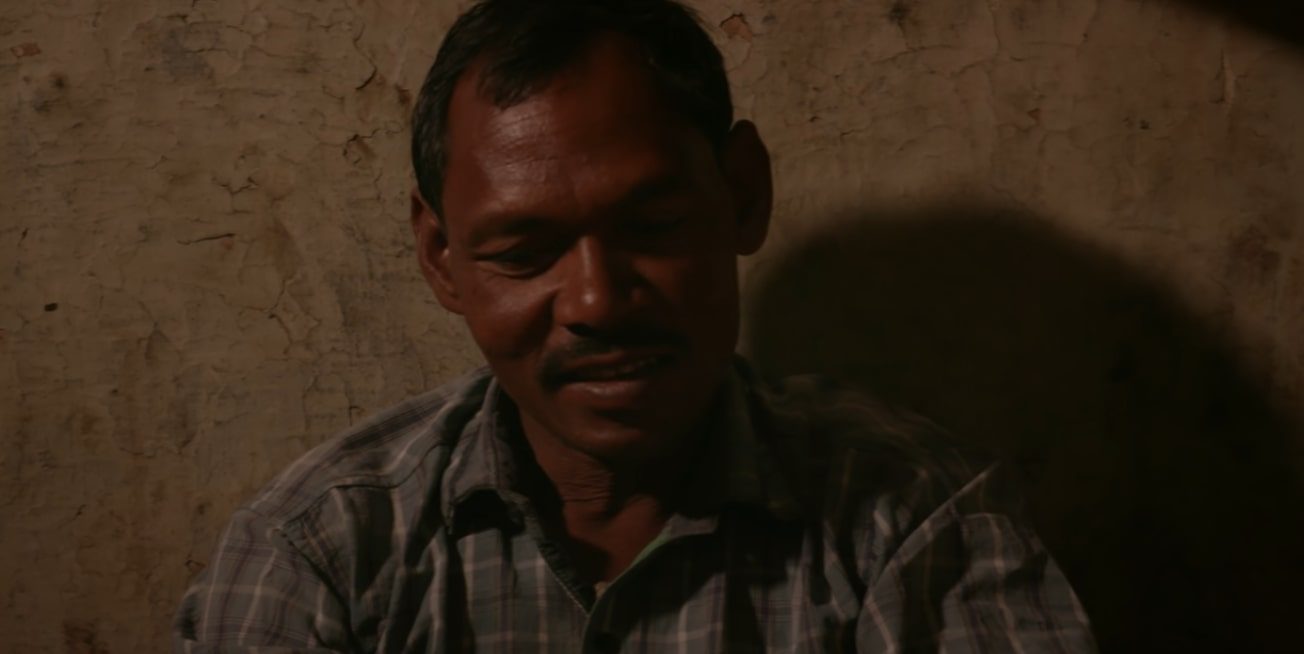
As the legal proceedings picked up pace, so did the hostility from the other villagers. People stopped talking to the family and eyed them with suspicion. Ranjit and Kiran both got immense support from the Srijan Foundation, a New Delhi-based non-governmental organization focusing on developmental initiatives for women and children, but it was not an easy road. Ranjit would stay up at night, staying vigilant in the fear that someone may attack his family in the dead of the night. He scrambled to get the witnesses in order and guided Kiran as she prepared a solid testimony.
As it is told in the documentary, one day, as Ranjit was walking, one of the accused’s fathers approached him. He was told his house would be burnt down if he did not take his case back. In the middle of all the legal proceedings, financial troubles for the family also mounted. Ranjit shared that with a season’s harvest, he could provide for his family for 6 months, but in 2017, he was only able to gather enough for a month. The court dates that came at odd working hours and the money needed to keep up the court appearances made him take loans.
He dwindled in his resolve for a second and took to alcohol and gambling as a coping mechanism, but when Kiran told him that taking the case back was not an option, he understood her sentiment and rose to the occasion. He spoke proudly of his daughter’s unwavering resilience and her determination to study. He acknowledged that her education would pave a better path for her, one away from a place that held nothing but blame for her. After a 14-month-long trial, when the perpetrators were found guilty and were given prison sentences of 25 years each, it was a victory that had always seemed too far-fetched for Ranjit and Kiran. He called her from the court, saying a few words, mumbling about the victory that she had achieved, but the pride shone through his eyes.
Kiran is Studying to Become an Officer, and Ranjit is Continuing His Daughter’s Fight in Bero Even Today
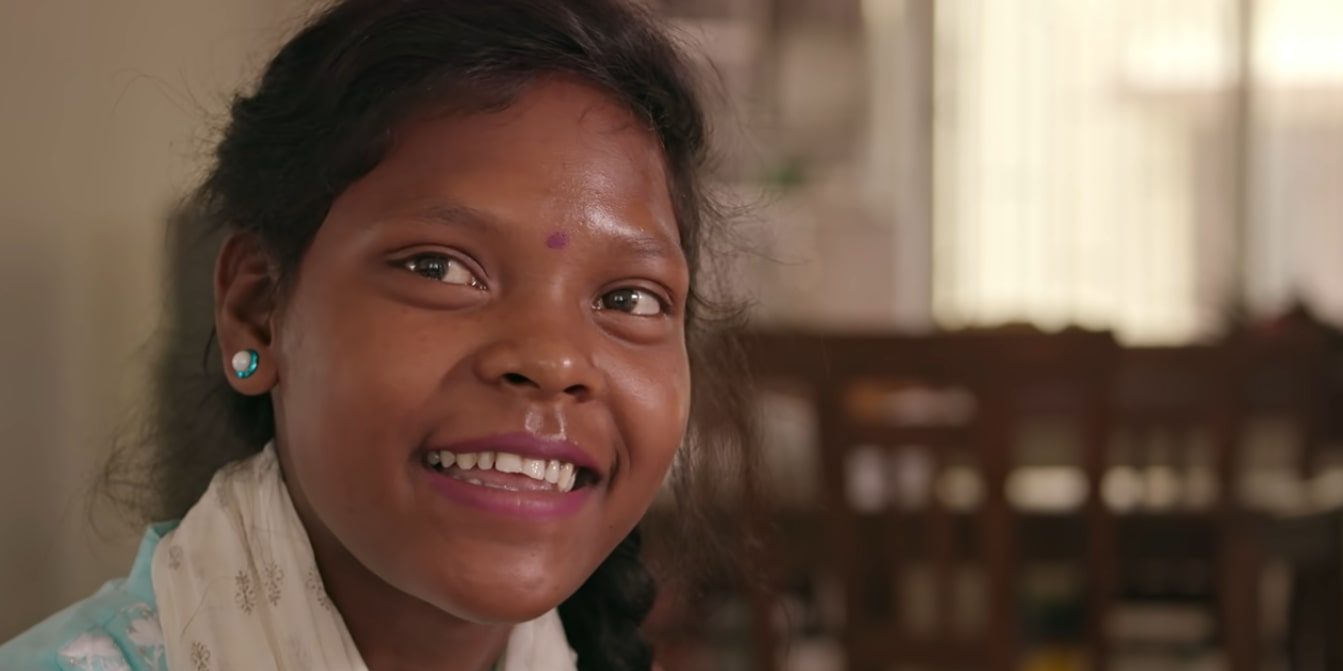
As Ranjit read the historic verdict published in the newspapers, he recounted how the attitude of the people in his village had changed. Those who challenged and menaced him now shied away from meeting his eyes. After seeing the documentary, Kiran chose to not hide her identity in the hope her story might help someone else. She did not want to use her real name, but her bright face, smiling through the most tumultuous periods of her life, represented what she wanted to stand for.
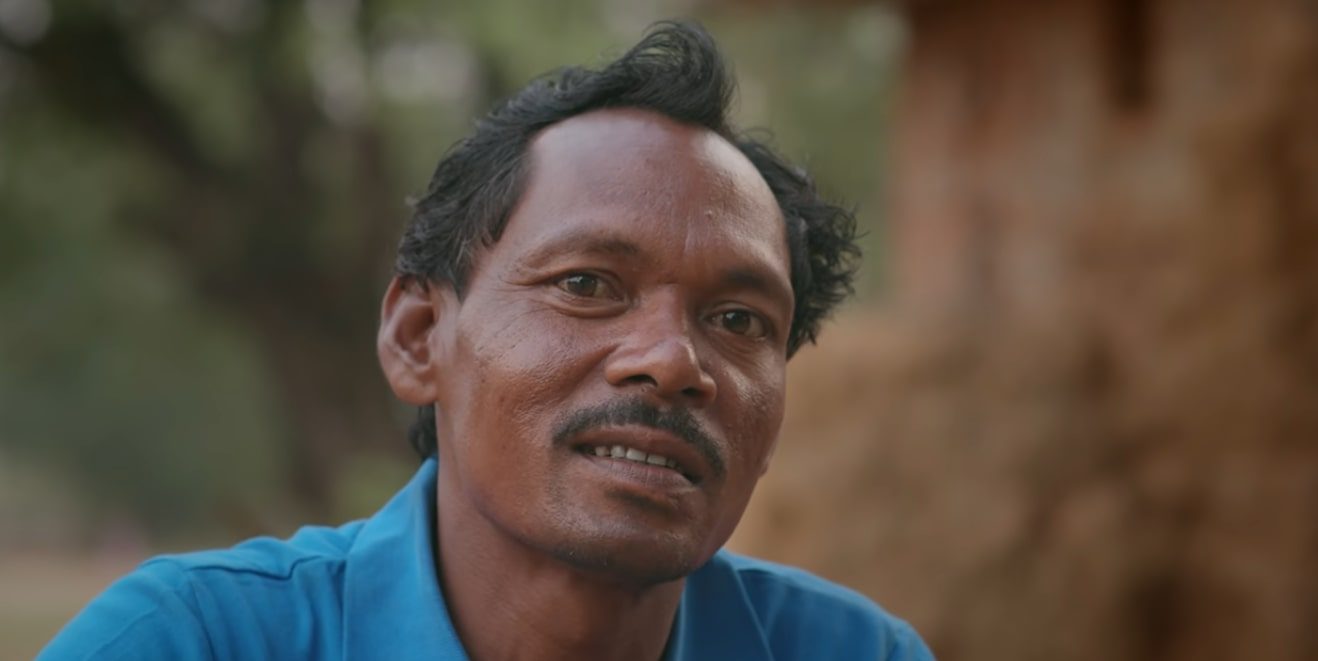
Kiran is now more than 20 years old and has decided to keep studying to fulfill her dreams. She moved out of her village to pursue her ambition of becoming a police officer. Her perpetrators filed an appeal, which is now pending in the High Court. Ranjit and the rest of his family stayed behind in Bero, Jharkhand, and are determined to keep the fire of Kiran’s fight burning. He is no longer the simple rice farmer who felt encumbered by the incident that shook his family. He is now one of the few fathers from his village who held his daughter’s hand when it was not easy.
Read More: To Kill a Tiger: Where are Kapil, Langru, and Ishwar Now?

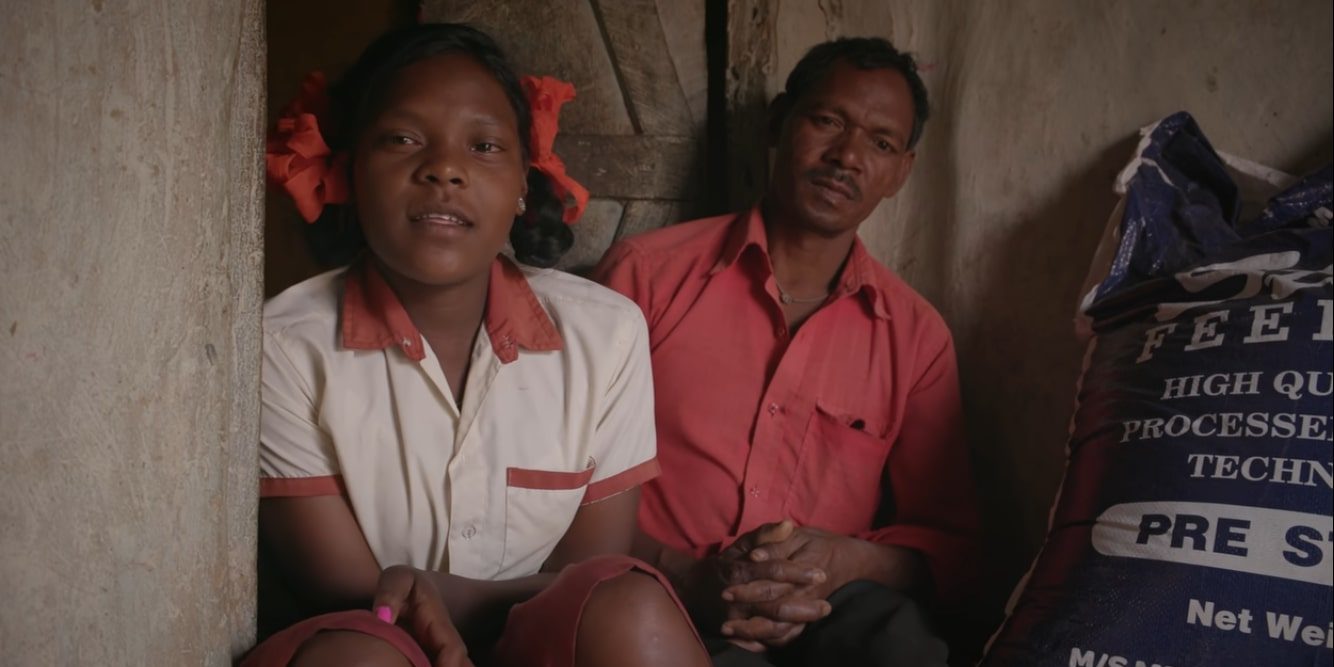
You must be logged in to post a comment.